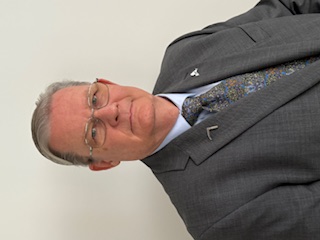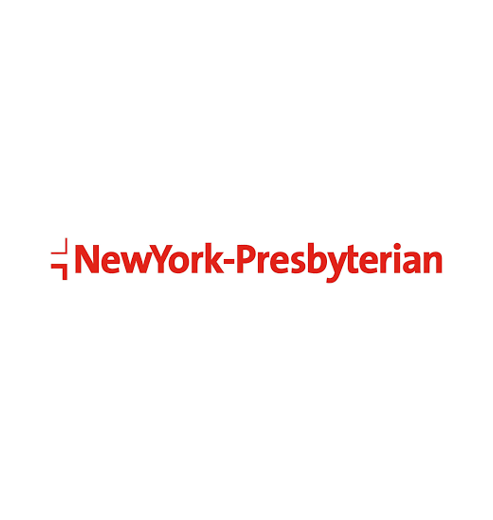Candidate for Treasurer, 2024 - 2026
David Monahan, CRNA Fast Facts about David
What are the biggest challenges facing the profession?Nationally, we are competing for market share with a growing number of Anesthesia Assistants. They will remain a challenge and may attract our talent pool of ICU RNs with a faster, easier, cheaper path to anesthesia at comparable income rates. In New York, we still lack Title protection and acceptable Scope of Practice legislation, which hinders the development of our profession and New York’s attractiveness as a place to practice upon graduation. Personally, we are not as politically engaged as we need to be if we are to prevail in meeting these challenges. These were the issues I brought up last year before assuming the treasurer’s role. They still ring true today. Increased political involvement will drive us to success on the A.A. and Scope of Practice fronts. When I participate in Midyear and Albany Advocacy day activities, I see the effect of personal contact with our decision makers and the effectiveness of our CRNAs and SRNAs educating and persuading our decision makers.What experiences, ideas, connection or resources do you have that would allow you to help with those challenges?Over the last 20 years I have watched the Nurse Anesthesia political scene and noted how few of us get involved. My idea is to make political involvement by members more universal. It is an obligation of professionals, as it protects and promotes this valuable profession for its members and the society it serves. My connections include present and past Board members and the Program Directors of the four New York CRNA schools. My main resources are my voice on the Board and my growing knowledge of and direct experience with the State and national political processes which will determine our future.
Name one skill or strength you possess that is unmatched by your colleagues or peersAfter many years in this field, I have developed a calm, objective tenacity that serves me well in long campaigns and through disappointing setbacks. It becomes easier to continue to steadily pursue political goals when the long term is kept in mind and short-term losses are kept in perspective. My patience and acceptance with things as they are is coupled with my drive to see our profession grow, prosper and improve. What do you love about being a CRNA? What drew you to the profession?The anesthetic process still satisfies me. The magic of guiding patients through the stresses of surgery, then returning them to consciousness is enough to keep me engaged and wanting to do more. I was drawn to the field as a youngster growing up a block from a hospital by a sense that anesthesia would be interesting and worthwhile, nothing any more specific or technical than that. It would be many years before I got myself into a position to train and practice. Bonus benefits have included the use of medical and electronic technology, the manageable focus on one patient at a time, and access to a role that I could continue to perform well into my later years. Anesthesia was the best professional choice, by far, that I ever made. Please provide at least one idea you believe will engage or involve members to advance NYSANA’s mission.It seems that, as a group, we are not very politically involved. We need to generate a sense of urgency and obligation to contribute to the development of our profession against inroads by medicine, government or new levels of practitioners. By keeping our members aware of threats to our profession from the schooling phase onward, we can create an aware and more involved membership. For those whose lives do not permit direct political activities, the importance of financial support should be stressed and rewarded. Without our continued involvement we may lose control of our future. Perhaps we could identify those in school who are politically tuned in or interested and offer them support and incentives to become more active. There are SRNA organizations, and of course NYSANA has representatives from each program as nonvoting Board members. An idea such as Adopt a Legislator, at the State and national level may be viable. A student, group of students, or CRNA and group of students, could organize routine visits to their legislators in an effort to build relationships and educate on CRNA issues.
|

